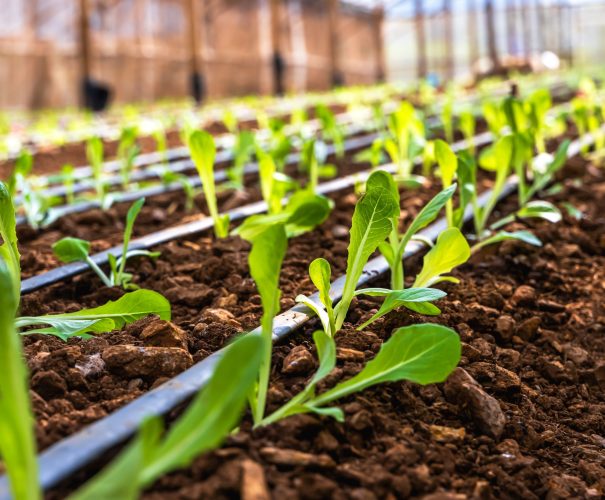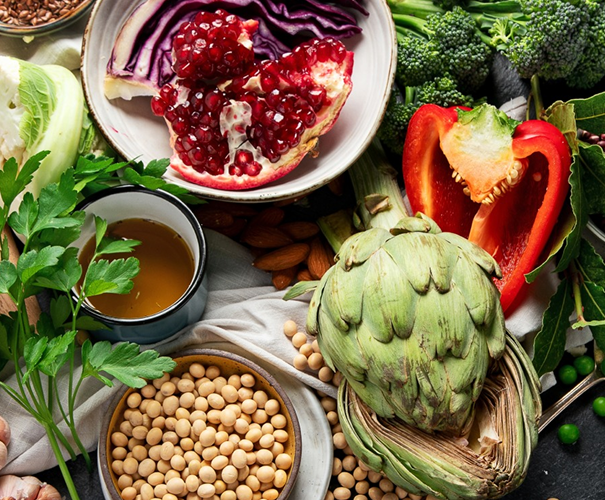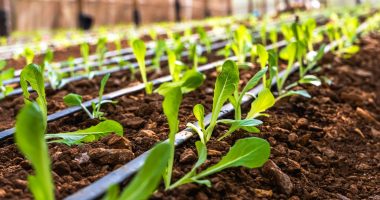Food Systems, Land Use and Water Management
Home / Focus areas / Food Systems, Land Use and Water Management
Food systems, land use, and water management are deeply interconnected. As the global population grows and climate change intensifies, it is imperative to rethink our approach to food production and consumption.
A food system that minimizes negative impacts on the environment, reducing greenhouse gas emissions, conserving water, and protecting biodiversity is the goal.
Catalyzing transformative ideas
To foster a comprehensive understanding of the barriers to sustainable development in the agri-food sector—and to offer recommendations for climate action—we facilitate open dialogue among stakeholders from public and private sectors, civil society organizations, and academia.
Here is an overview of our work to promote a resilient and sustainable agri-food value chain.

WorkING group 2025
Transforming Spain's agri-food chain: innovation, business models, and climate finance
.To build a more resilient and sustainable agri-food system, Spain’s agricultural sector requires significant investment. According to a 2022 study (Red2Red & Afi), the funding gap is estimated at between €3 billion and €6.4 billion for the farming and livestock sector, and €783 million for the agri-food industry.
In this period of transformation—where sustainability, competitiveness, and climate resilience are essential for the future—it’s critical to integrate technological innovation, explore new business models, and rethink financial structures to make this shift possible.
Addressing these challenges is a top priority for alinnea, which is launching this working group to actively run throughout 2025.
> Access the full Report
> Access the Summary of the report (Infographics)

WorkING group 2024
Proposals to promote climate-neutral local food production and consumption
The agri-food sector plays a significant role in climate change, accounting for 36% of global greenhouse gas emissions (Crippa et al., 2021). Most of these emissions (71%) originate from agricultural activities and land-use change. The remainder stems from supply chain activities such as retail, transport, consumption, fuel production, waste management, industrial processes, and packaging.
This working group, led by alinnea, identified key bottlenecks that hinder progress in the decarbonization of the agri-food sector. It has put forward a series of recommendations aimed at lowering emissions and boosting climate resilience.
> Access the full Report
> Access the Executive Summary

